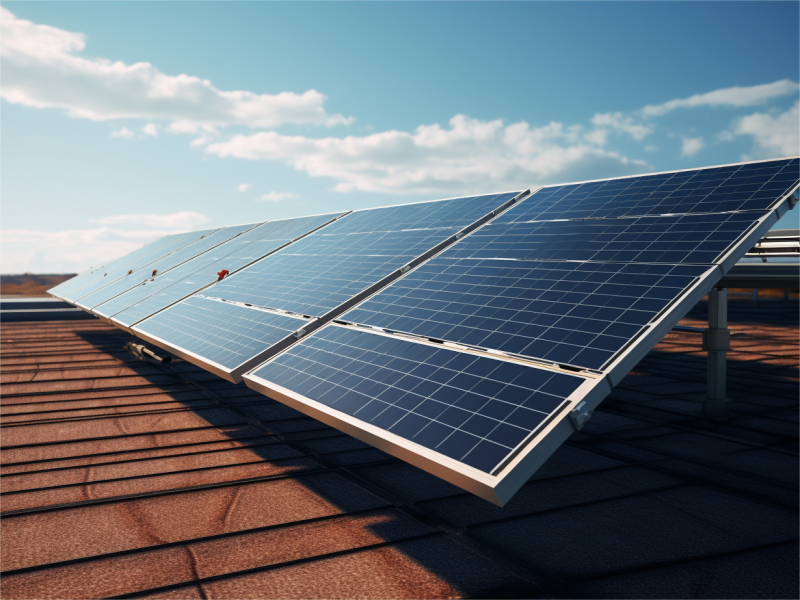When it comes to solar panels, one of the most common questions people ask is whether they produce electricity in the form of alternating current (AC) or direct current (DC). The answer to this question is not as simple as one might think, as it depends on the specific system and its components.
First, it’s important to understand the basic functions of solar panels. Solar panels are designed to capture sunlight and convert it into electricity. This process involves the use of photovoltaic cells, which are components of solar panels. When sunlight hits these cells, they generate an electrical current. However, the nature of this current (AC or DC) depends on the type of system in which the solar panels are installed.
In most cases, solar panels produce DC electricity. This means that the current flows in one direction from the panel, towards the inverter, which then converts it into alternating current. The reason is that most home appliances and the grid itself run on AC power. Therefore, for the electricity generated by solar panels to be compatible with standard electrical infrastructure, it needs to be converted from direct current to alternating current.
Well, the short answer to the question “Are solar panels AC or DC?” The characteristic is that they produce DC power, but the entire system typically runs on AC power. This is why inverters are an important part of solar power systems. Not only do they convert DC to AC, but they also manage the current and ensure it is synchronized with the grid.
However, it is worth noting that in some cases, solar panels can be configured to directly generate AC power. This is usually achieved through the use of microinverters, which are small inverters mounted directly on individual solar panels. With this setup, each panel is able to independently convert sunlight into alternating current, which offers certain advantages in terms of efficiency and flexibility.
The choice between a central inverter or a microinverter depends on a variety of factors, such as the size and layout of the solar array, the specific energy needs of the property, and the level of system monitoring required. Ultimately, the decision of whether to use AC or DC solar panels (or a combination of the two) requires careful consideration and consultation with a qualified solar professional.
When it comes to AC vs. DC issues with solar panels, another important consideration is power loss. Whenever energy is converted from one form to another, there are inherent losses associated with the process. For solar power systems, these losses occur during the conversion from direct current to alternating current. Having said that, advances in inverter technology and the use of DC-coupled storage systems can help minimize these losses and improve the overall efficiency of your solar system.
In recent years, there has also been growing interest in the use of DC-coupled solar + storage systems. These systems integrate solar panels with a battery storage system, all operating on the DC side of the equation. This approach offers certain advantages in terms of efficiency and flexibility, especially when it comes to capturing and storing excess solar energy for later use.
In summary, the simple answer to the question “Are solar panels AC or DC?” is characterized by the fact that they produce DC power, but the entire system typically operates on AC power. However, the specific configuration and components of a solar power system can vary, and in some cases, solar panels can be configured to directly generate AC power. Ultimately, the choice between AC and DC solar panels depends on a variety of factors, including the property’s specific energy needs and the level of system monitoring required. As the solar field continues to evolve, we will likely see AC and DC solar power systems continue to evolve with a focus on improving efficiency, reliability, and sustainability.
If you are interested in solar panels, welcome to contact photovoltaic manufacturer Radiance to get a quote.
Post time: Jan-03-2024


